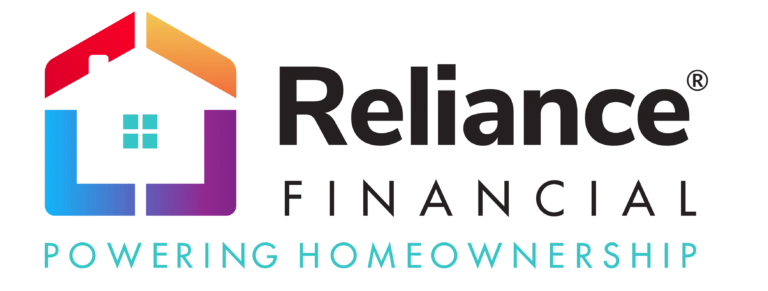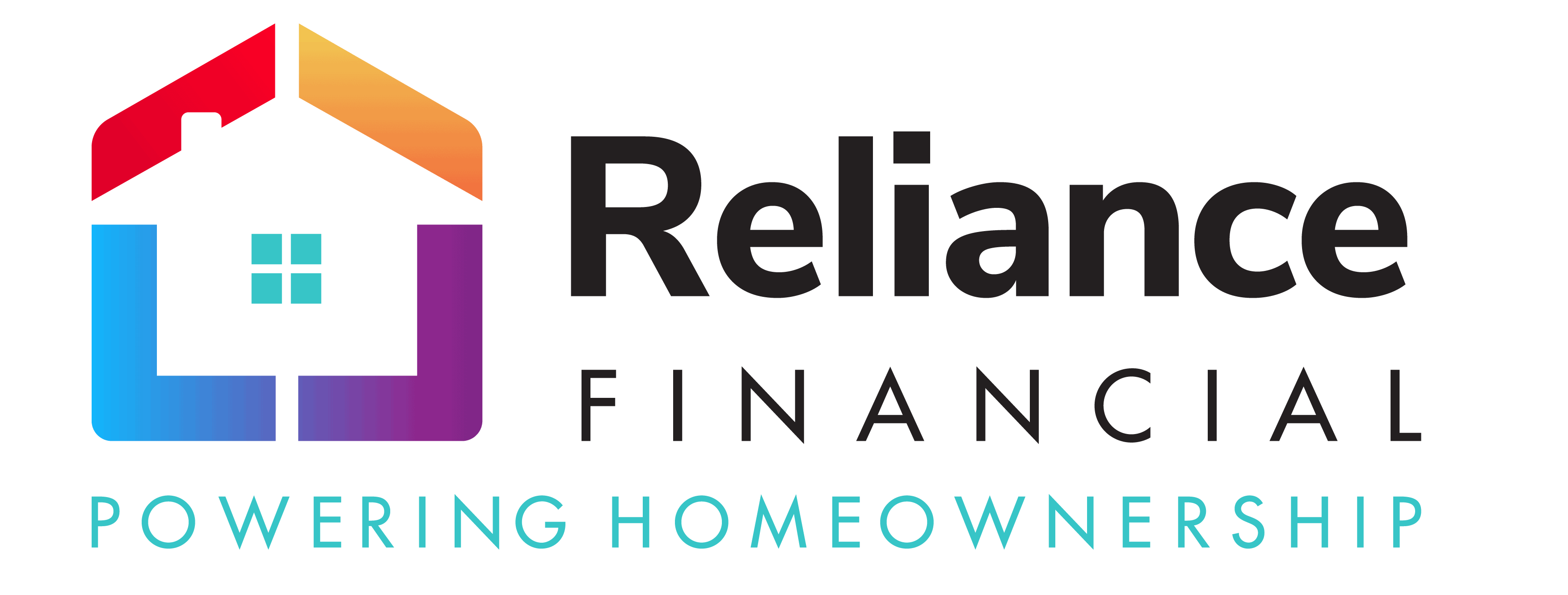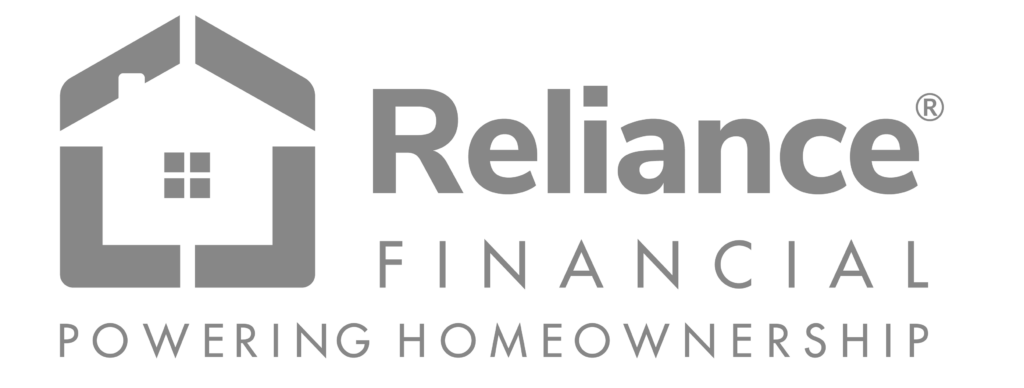Because Virginia properties are generally in great demand, home values in the state are highly immune to economic downturns. With a broad economy and the federal government as a significant employer, home buyers in Virginia are often eager to pay top money for a home. The more you know about Virginia mortgage loan rates, the more prepared you’ll be to select the ideal property for your budget and weigh your home buying and refinancing alternatives.
Home prices in Virginia are continuously rising, and housing inventory, which was already a bit small, has shrunk even further. According to Virginia Realtors, the median home price in April 2022 was $390,000, up 9% over the previous year. Mortgage rates in Virginia, on the other hand, have changed significantly in just a short time. As with the rest of the United States, mortgage rates in Virginia are up by almost 300 basis points (3.00%). Bankrate.com notes that as of June 15, the rate on the 30-year fixed in Virginia is 5.962% and 5.140% for a 15-year fixed.
Calculate Mortgage Interest Rates For Virginia Using Mortgage Calculator
Another point to consider is that the mortgage loan amount ceilings for conventional and FHA loans can vary based on the county your property is in. Therefore, we recommend that you check with your lender or mortgage broker on the loan limits in your particular county. This is important as your monthly mortgage payment will vary depending on where you buy, the size of your down payment, and your loan amount, among other factors.
Virginia Current Mortgage Rates
Program Mortgage Rate APR*
Conventional 30-year fixed 5.962% 5.985%
Conventional 15-year fixed 5.140% 5.170%
Conventional 20-year fixed 5.775% 5.812%
Conventional 10-year fixed 4.781% 4.866%
30-year fixed FHA 5.554% 6.296%
15-year fixed FHA 5.070% 5.477%
30-year fixed VA 5.019% 5.235%
15-year fixed VA 5.622% 5.975%
Source: The Mortgage Reports. Data accessed on June 13th, 2022.
First-time homebuyer programs in Virginia
Various home-buying programs in Virginia help you qualify for your dream home.
- Homebuyer Programs: Virginia Housing provides a variety of 30-year fixed-rate mortgage alternatives, including conventional, FHA, VA, and USDA loans. Homebuyers can utilize a Virginia Housing Loan Combo to combine a mortgage with other aid, such as a deposit grant or a tax credit, to make their mortgage even more reasonable.
- Down Payment Support Grant: This program assists Virginians in purchasing a home by giving down payment grants. The maximum grant amount is 2% to 2.5% of the buying cost, with no repayment obligation.
- Closing Cost Assistance Grant: If you’re a first-time buyer in Virginia, you can request a closing cost funding of 2% of the purchase price if you use a Rural Housing Service (RHS) mortgage or a VA loan. This money is not required to be repaid and can be used for closing Fees, RHS guarantees, or VA funding fees. To qualify for the grant, you must fulfill certain income requirements and have a sales deal.
- Mortgage Credit Certificate: This program gives homebuyers a dollar-for-dollar tax credit equal to 10% of their annual mortgage interest against their federal income tax payment. To be eligible, you must not have purchased a house in the previous three years.
Which Mortgage Company Should You Actually Prefer?
The Choice That Feels Bigger Than It Should
Let’s be honest, picking a mortgage company in Virginia can feel overwhelming. One minute you’re comparing interest rates, the next you’re buried under acronyms, fine print, and ten browser tabs you don’t remember opening.
- Big national banks.
- Friendly local banks.
Credit unions that promise “member-first” service. So… which one wins? There’s no single right answer. It depends on you.
Start With the Numbers (But Don’t Stop There)
Start with the financial details, because they matter. Interest rates and fees rarely present themselves as a problem upfront. A low rate may catch your attention and offer a sense of relief at first. However, a closer review of the fine print often reveals additional costs. An origination fee here. A processing charge there. Possibly even a prepayment penalty you did not realize to look for.
When “Great Deals” Quietly Change
Suddenly, that “great deal” is not so great. Here is an uncomfortable truth: lenders rarely hide information outright. Instead, they often fail to explain it clearly. If a number feels unclear or an answer sounds more like a detour than a straight explanation, pay attention. Confusion is expensive. Clarity is rare and valuable.
If You Can’t Explain It, You’re Probably Paying for It
If you cannot explain the fees in a single sentence, you are likely paying for them without realizing it. Ask questions. Then ask again until you have a clear answer.
Matching the Lender to the Loan
Now take a step back. What type of loan do you actually need? Not all lenders specialize in every area. Some excel with conventional loans, while others focus on VA, FHA, or USDA programs. If you are a veteran, VA loan experience is not a bonus. It is the baseline.
First-Time Buyers Need Flexibility, Not Pressure
If this is your first home, forget the fireworks. Flexibility will save you long after shiny promises fade. Low down payments. Clear guidance. Less pressure.
The Human Factor Everyone Forgets
And then there is the human factor. This aspect is often overlooked. A good lender answers calls, explains things clearly without talking down, and does not disappear when you ask a “basic” question. Reviews are helpful, but real conversations matter more. If they are already hard to reach, closing week will be no easier.
Technology Isn’t Optional Anymore
Technology is surprisingly important. Fast online applications. Quick pre-approvals. Simple document uploads. These features may not sound exciting until you are racing against a deadline. Effective digital tools do more than save time; they preserve sanity.
There is no perfect mortgage company, only the right fit. The right lender offers fair rates, understands your loan type, communicates clearly, and keeps the process as straightforward as possible. When these pieces align, buying or refinancing a home stops feeling like a battle and starts feeling manageable.
Conclusion:
The living costs and house costs vary dramatically across county boundaries within the state, giving potential homebuyers a wide range of possibilities for both low-cost and higher-priced property acquisitions. We advise you to shop for your mortgage loan to get a great rate on your home purchase or refinance in Virginia.
People Also Ask:
Q1: What general requirements need to apply for a VA loan?
While the program is aiming to assist military service personnel in finding housing, not all who have served are eligible. You should know a few crucial things to be eligible for a VA mortgage.
- Active-duty personnel must have served for 90 days in a row.
- According to VA.gov, veterans must complete the length-of-service requirements.
- National Guard or Selected Reserve members must serve for 90 days on active duty or six years in the National Guard or Selective Reserves.
- Specific length-of-service requirements may be waived in particular circumstances, such as dismissal or service-related injuries. For example, you could not be eligible if you’ve received a bad conduct or dishonorable discharge in the past.
- Survivors of veterans killed, injured, or captured while serving in the military are also eligible.
When securing a VA loan as a spouse, there are a few additional requirements:
- You have not remarried.
- Killing of a spouse while in the line of duty or dying due to a service-related disability.
- For at least 90 days, the husband or wife was missing in action or a prisoner of war.
- At the time of death, the spouse was disabled and qualified for disability benefits.
There may be exemptions to these rules. Contact the United States Department of Veterans Affairs if you have any additional questions concerning your eligibility for a VA loan.
Q2: What has been the history of rates for a VA loan in recent years?
Although VA loan interest rates usually are lower than conventional loan interest rates, the median interest rate on VA mortgages is nevertheless influenced by real estate trends and the status of the economy.
Because VA borrowing costs are so closely linked to the property market, the best time to get a decent VA interest rate is when lenders generally lower their mortgage rates.
Throughout 2018 and 2019, mortgage interest rates were relatively stable, but the coronavirus pandemic and subsequent economic shift significantly impacted the industry. According to Freddie Mac, the national average interest rate on conventional 15-year secure payments was 4% in 2018. Mortgage rates on the 15-year fixed fell somewhat in 2019, to an average of 3.5 percent.
Following the Covid-19 pandemic in 2020, the average national mortgage rate on a property purchase on a 15-year fixed dropped dramatically to 2.22 percent. The national average rates of interest for VA mortgage loans were 2.25 percent in March 2021. Rates stayed lower for the second half of 2021. Currently, rates have increased on VA loans. You may locate a good VA interest rate by visiting various lenders to evaluate offers and acquire the best feasible bargain.
Q3: Who determines the rates for VA loans?
Private lenders such as mortgage firms and banks set interest rates for VA loans. The Veterans Administration (VA) does not set interest rates but guarantees a proportion of each loan. As a result, VA loan rates are often cheaper than average FHA and conventional loan rates. In addition, because the VA backs a portion of each loan, VA loan rates are often lower than conventional loans.
Rates on VA loans often fluctuate, sometimes multiple times each day. As a result, the rates on these refinance loans are frequently different from the prices on VA purchase loans. In addition, VA refinancing can be affected by the Mortgage type, credit history, the loan-to-value proportion, and other factors.
Q4: What are ‘Points,’ and how can you benefit?
Borrowers have the option of purchasing discount points to lower their interest rates. When you buy discount points, you’re effectively paying interest up front in exchange for a cheaper interest rate during the loan’s term. One point is equal to 1 percent of the loan amount. Homeowners who plan to own their homes for a prolonged period may benefit from points. Your mortgage lender can assist you in determining the break-even point in your plan for paying discount points. You can then decide if it makes sense to pay your mortgage points upfront.
Q5: How do I know which mortgage company is right for me?
At first, you don’t. The longer answer is that you compare rates, fees, loan types, reviews, and even the feel of the interaction. Yes, the “vibe” matters. If a lender does not understand your income or your plans, that is a signal. The “best” lender on paper can still be the wrong one for your situation.
Q6: Should I focus on the lowest interest rate, or something else?
Everyone says “rate.” Everyone regrets ignoring service. A rock-bottom rate looks great until emails go unanswered, documents get lost, and closing day feels like roulette. Sometimes paying a hair more for clarity, speed, and a lender who actually calls you back is the smarter move. Peace of mind has a price—and it’s often worth it.
Q7: Local lender or national bank, who wins?
Depends on the day. Depends on you. Local lenders often know Virginia programs inside out and treat your loan like a conversation. National banks bring tech, dashboards, and endless loan options. One feels personal. The other feels efficient. Neither is perfect. Pick what you’ll tolerate when things get messy.
Q8: Pre-approval, optional or non-negotiable?
Non-negotiable. Full stop. Pre-approval turns guessing into knowing. Sellers take you seriously. Your budget stops being imaginary. And suddenly, lenders have to compete for you instead of the other way around. It’s leverage—and most buyers don’t use it enough.
Q9: What questions should I ask before saying yes?
Ask everything. Then ask one more. Loan types. Total fees (not just “estimated”). Closing timelines. Rate locks. What happens if delays show up uninvited? And most importantly, who helps you when confusion hits? If answers feel rushed or vague now, they won’t magically improve later.








